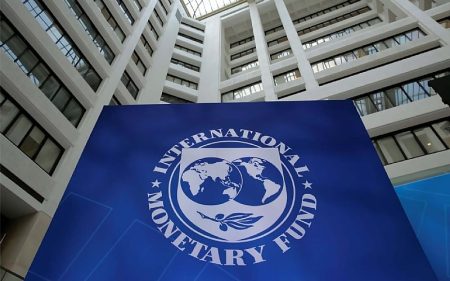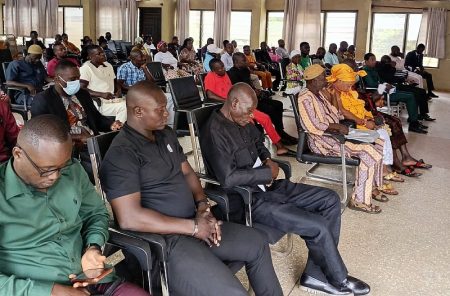The recent announcement of the commercial viability of Ghana’s Eban-Akoma oil block has sparked a political debate over which administration deserves credit for this milestone. The opposition, represented by the Minority in Parliament, vehemently asserts that the groundwork and crucial decisions leading to this achievement were laid during the tenure of the former Akufo-Addo-led New Patriotic Party (NPP) government. They argue that the current Mahama administration is attempting to misrepresent the timeline and claim undue credit for a project they inherited.
Collins Adomako-Mensah, the Ranking Member on Parliament’s Energy Committee, addressed a press conference, meticulously outlining the sequence of events leading to the commercial declaration. He emphasized that the Akoma-1X discovery in 2019 and the subsequent Eban-1X discovery in 2021 both occurred under the NPP’s watch. Furthermore, he highlighted the Akufo-Addo administration’s crucial decision in 2022 to approve a joint appraisal strategy for both wells, a move that expedited the path to commercial viability while simultaneously reducing development costs. This strategic decision, according to Adomako-Mensah, laid the foundation for the eventual commercial declaration submitted in July 2025.
Adomako-Mensah criticized the Energy and Green Transition Minister, John Abdulai Jinapor, for portraying the declaration as a triumph of the current administration. He argued that such claims not only distort the historical record but also undermine the contributions of the previous government. He emphasized the long-term nature of oil exploration and production projects, often spanning multiple administrations, and warned against politicizing such complex processes for short-term political gain. He urged the current administration to focus on fulfilling its mandate rather than rewriting history.
The Minority further argued that the Akufo-Addo administration fostered a positive investment climate in the energy sector, evidenced by ENI’s continued commitment and the eventual commercial declaration. Adomako-Mensah dismissed suggestions of a hostile business environment under the NPP, pointing to the recent declaration as proof of their successful policies. He challenged the current administration to maintain this momentum and ensure a smooth transition to the development phase of the project.
The crux of the Minority’s argument rests on the assertion that the Mahama administration is simply reaping the benefits of the previous government’s efforts. They contend that the current government played no significant role in the discoveries, the appraisal process, or the eventual declaration of commercial viability. They accuse the current administration of opportunistically claiming credit for a project that reached fruition due to the long-term planning and strategic decisions of their predecessors.
The declaration of commercial viability for the Eban-Akoma oil block marks a significant step forward for Ghana’s energy sector. It paves the way for full-scale development of the block, promising increased oil production, enhanced energy security, and potential economic growth. However, the political tussle over who deserves credit for this achievement underscores the complexities of long-term projects that transcend political cycles. The ongoing debate highlights the importance of accurately attributing credit and recognizing the contributions of previous administrations to national development initiatives.














